Kidney Disease Information
With over 850M+ worldwide affected by kidney damage, its clearly indicating that kidney disease is a complex and multifaceted condition that can arise from diverse factors, such as diabetes, high blood pressure, genetic disorders, etc. It exhibits a wide range of severity, affecting individuals in distinct and individualized ways.
Overview Of Kidney Disease
At United Renal Services, we believe that knowledge is your best defence against kidney disease. It empowers you to make informed decisions and actively participate in your care. This section provides comprehensive information about kidney disease, its causes, stages, and treatment options, ensuring you have necessary resource to lead a healthier life.
Causes And Risk Factors
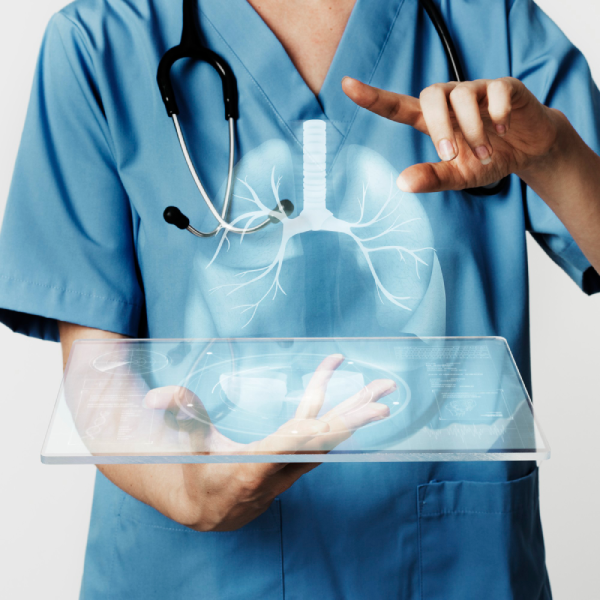
Stages of Kidney Disease
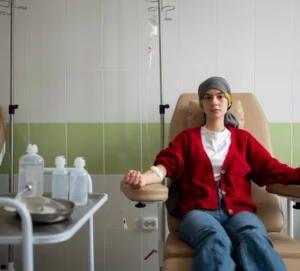
The slow and progressive decline of kidney function over time is referred to as Chronic Kidney Disease (CKD). Around 37 million American adults have CKD, and millions of others are at increased risk. It is typically caused by diabetes, high blood pressure, autoimmune diseases, inherited disorders, or other underlying health issues.
CKD is classified into various stages based on a measure called the glomerular filtration rate (GFR), which assesses how effectively the kidneys filter waste from the bloodstream.
- Stage 1: Kidney damage with normal or mildly reduced GFR (≥90 mL/min).
- Stage 2: Mildly reduced GFR (60-89 mL/min).
- Stage 3: Moderately reduced GFR (30-59 mL/min).
Stage 3A: GFR of 45-59 mL/min. Stage 3B: GFR of 30-44 mL/min.. - Stage 4: Severely reduced GFR (15-29 mL/min).
- Stage 5: End-stage renal disease (ESRD) with GFR <15 mL/min or requiring kidney replacement therapy.
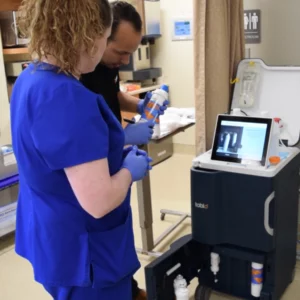
Acute Kidney Injury (AKI) is a condition characterized by a sudden and potentially reversible decrease in kidney function. Various factors, such as severe dehydration, infections, medications, urinary tract obstruction, or physical trauma, can cause it. AKI requires immediate medical attention to prevent further damage and restore normal kidney function.
During a sudden decline in kidney function, the kidneys encounter difficulties efficiently filtering waste and maintaining the delicate balance of electrolytes and fluid within the body. If left untreated, AKI can lead to complications such as fluid overload, electrolyte imbalances, and accumulation of waste products, which can be detrimental to overall health.

Polycystic Kidney Disease (PKD) is an inherited genetic disorder marked by the development of multiple cysts within the kidneys. These cysts can enlarge over time, leading to the gradual loss of kidney function. PKD can be inherited and may cause complications such as high blood pressure, kidney stones, or kidney infections.
PKD can have varying presentations and progression rates, with symptoms typically appearing in adulthood. In addition to the gradual loss of kidney function, PKD can lead to several complications. High blood pressure is a common complication of PKD, affecting many individuals with the condition.
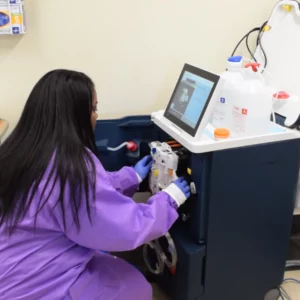
Glomerulonephritis is a condition characterized by inflammation in the glomeruli, the tiny filtering units in the kidneys responsible for removing waste products and excess fluid from the blood. Various factors can trigger inflammation, including infections, immune system disorders, or other underlying conditions.
The symptoms and severity of glomerulonephritis can vary widely. Some individuals may experience mild symptoms, while others may develop more noticeable signs, such as blood in the urine, foamy urine, face, hands, or feet swelling, and high blood pressure.
Treatment Options
Lifestyle Modifications:

Dialysis:
Peritoneal Dialysis:
Medication Management:
Kidney Transplantation:
Trust United Renal Services for Comprehensive Support and Guidance
At Trust United Renal Services, we understand the challenges and complexities that come with renal conditions. That's why we offer a holistic approach to renal health, addressing not only medical treatments but also emotional and mental well-being. Our state-of-the-art facilities are equipped with the latest medical technologies, ensuring you have access to the most advanced treatments available. We believe that patient education is empowering, so we provide informative programs to help you make informed decisions about your health.
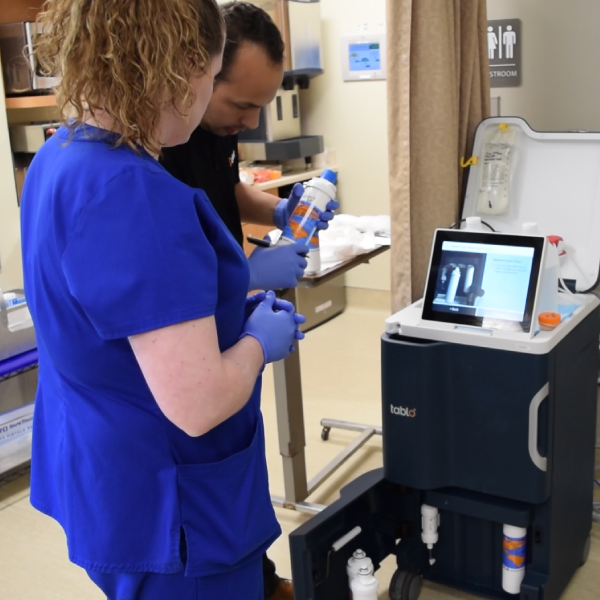

Knowing about Insurance and Finance

Recipes and Nutritional Values

More about Home Dialysis



